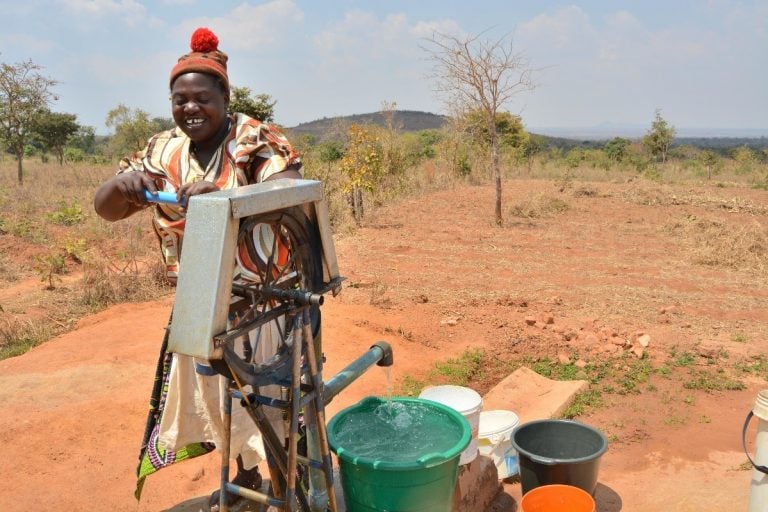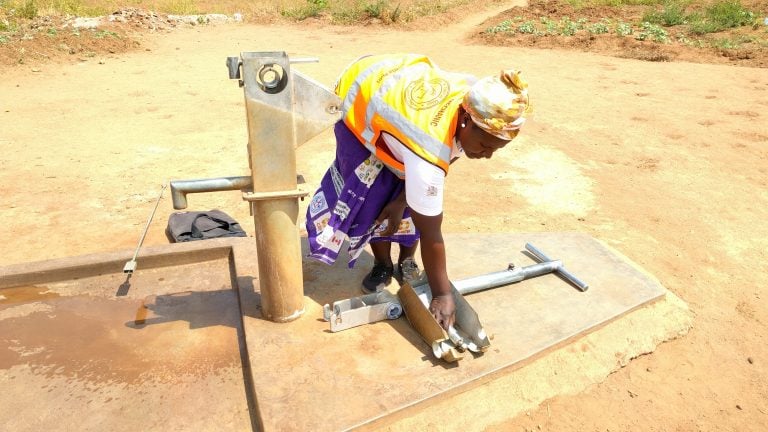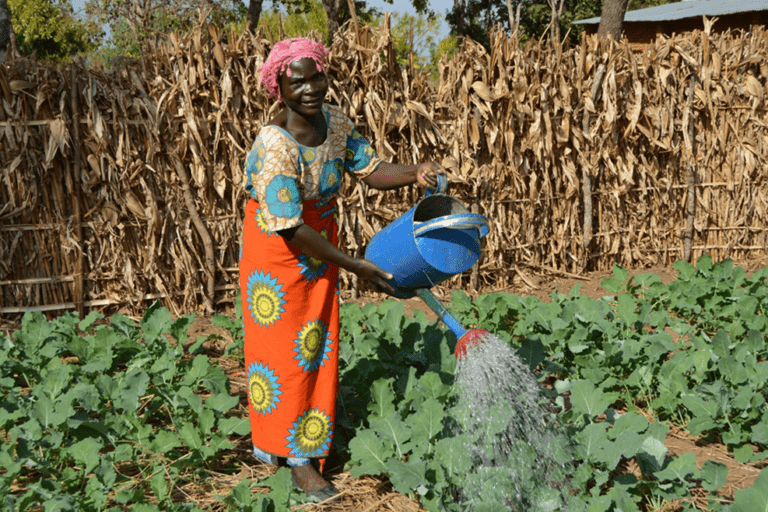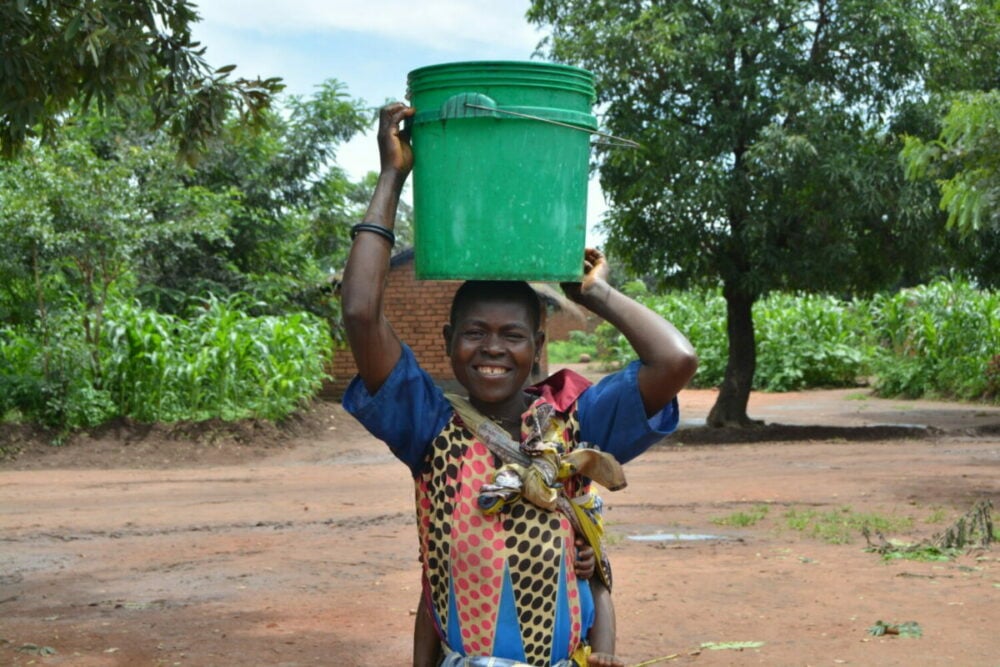climate crisis in malawi
There is a climate crisis in Malawi. If you were to visit Malawi in March, you’d be treated to luscious green landscapes of rolling hills with gentle streams of clear water and wonder how there was a water crisis in the country at all. Malawi is not a country short of water, its geology means you don’t have to drill very deep to find the water table and Lake Malawi laps a number of the countries districts. Yet after decades of support from external agencies, chronic poverty and water insecurity still holds Malawi back.
Rural livelihoods in Malawi
82% of Malawi’s 20 million people live rurally. Unlike urban centres, rural populations have very low access to piped water systems that bring clean water close to the home. Instead they rely on community waterpoints for everything; to drink, cook, wash and to irrigate their crops. These communities, at the mercy of inconsistent coverage and poor functionality face another growing threat, climate change. Climate change has caused the rainy season to be increasingly unpredictable and larger variances in annual temperatures. Hotter summers bake the ground hard so that if and when the rains do come they don’t absorb into the ground but instead wash away any fertile topsoil and causing devastating flooding to communities. With over 70% of Malawi’s population reliant to some extent on smallholder farming for household food production and income, and with 89% of these farmers reliant on rain-fed irrigation, climate change is affecting food security, community health and rural livelihoods.
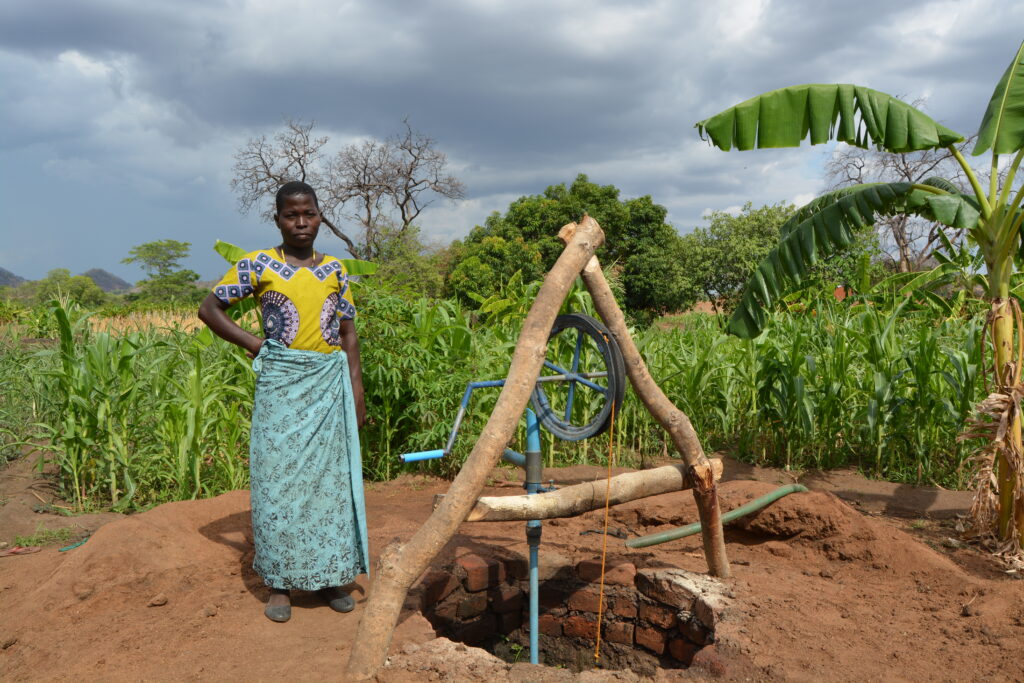
For women in particular the situation is even more threatening. Increasing temperatures causes groundwater to evaporate faster and pumps that once flowed throughout the year are running dry in the hot season. Women and girls carry the burden for water collection and are forced to walk long distances to go in search of alternative sources. The relentless cycle of daily water collection results in girls having to drop out of education to meet their families most simple water needs. Women farmers, already lacking access to inputs and land see precious crops either wilt in the heat or get washed away by flooding. Climate change is increasing flooding and natural disasters such as Storm Freddy which has killed over 200 people in Malawi during March 2023 so far.
In Malawi, those who are contributing least to the climate crisis are being impacted the most by it’s devastating consequences and it’s not fair. But Pump Aid have a solution as we seek to end water poverty in Malawi by 2030. We are working with Malawians to ensure they are able to build increasing resilience to the challenges that climate change poses. By fostering professionalised repair and maintenance of community waterpoints by local Pump Mechanics communities can rely on convenient access to water close to their homes throughout the year. We support women farmers groups to access affordable irrigation pumps so that they can water crops throughout the year, harvesting nutritious food even in the dry season.
How you can help
This March we have been supported by a generous donor who will match donations up to a total of £30,000 so that we can continue to reach more Malawians with our climate resilience programmes so please support our Matchfunding March campaign.
